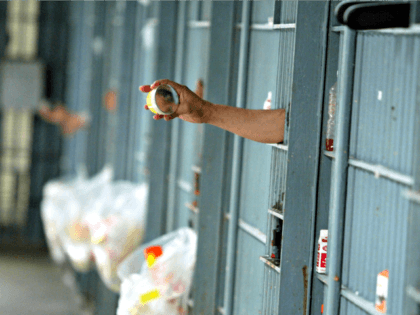Bokhari: With RESTRICT Act, the Deep State Seeks to Beat China by Becoming China
Tell me if this story sounds familiar: there’s a national security panic. Foreign adversaries threaten the homeland. Petty bipartisan disputes are put aside, and draft legislation is rushed out. At last, Congress is doing something.





